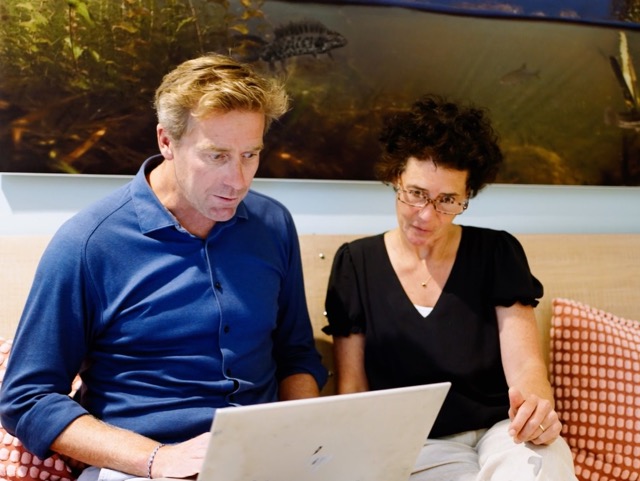Plan for Impact
Choosing the path most likely to lead to societal impact is a critical step. Should you launch a spin-off company? What are the alternatives? Utrecht Holdings helps researchers in answering these questions.

Get in Touch
Upon reaching out to us, the starting point is a conversation with one of the business developers. We discuss your scientific findings and determine the potential consequences of bringing this invention to market.
Invention Disclosure
Together we assess whether you should fill out an Invention Disclosure Form (IDF). Utrecht Holdings uses the IDF as the starting point for the assessment of patentability and market potential.
It is important to notify us of inventions early, so there is enough time to seek protection before public disclosure (e.g. conference abstract, social media, PhD manuscripts, etc.)
NOTE: Any form of public disclosure prior to filing a patent application renders patenting impossible!
Business Development
Based on the conversations we determine the commercial and technical feasibility of your invention, as well as the proposed business development route: a license agreement with an established partner (an existing company), the founding of a start-up or another route.
If we choose to apply for a patent on the invention, we start the patenting process. See Apply for a Patent for more information on this subject.

Click here to download the Invention Disclosure Form.
Frequently Asked Questions
My invention is only suitable for a very rare disease, what should I do?
It is still worthwhile to have a conversation with Utrecht Holdings, as your invention might have potential as platform technology. If that is not the case, we can refer you to other colleagues (like the RSO or impact officers) to find a more appropriate valorization route.
When I send in an IDF, what output can I expect?
We use scoring forms to assess technical and commercial feasibility. Every invention will have pros and cons, opportunities and challenges. The scoring form will give you insight on these aspects for your invention.
